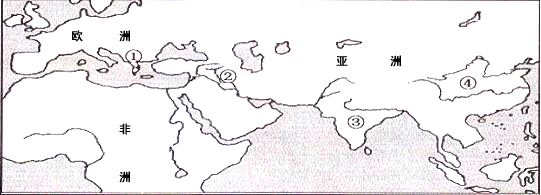问题
单项选择题
久咳气逆,阵阵发作,痰少质黏,咳引胸胁疼痛,口干咽干,舌苔薄黄少津,脉象弦数,其治法宜用
A.养阴清肝,化痰止咳
B.清肺化痰,宣肃肺气
C.清肺润燥,化痰止咳
D.清肺平肝,顺气降火
E.滋阴润肺,清肝止咳
答案
参考答案:D
解析:咳嗽的肝火犯肺证的症状是上气咳逆阵作,咳时面赤,口苦咽干,痰少质黏,或如絮条,咳之难出,胸胁胀痛,咳时引痛,症状可随情绪波动而增加,舌红或舌边红,苔薄黄而少津,脉象弦数。为肝郁化火,上逆侮肺之证。治法清肺平肝,顺气降火。方药是加减泻白散合黛蛤散。

